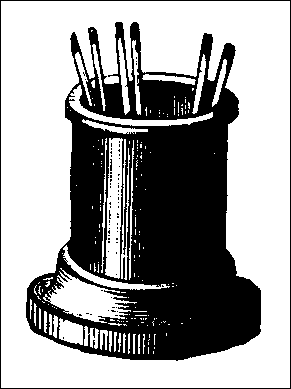Who Was Too
Fond of Matches
Gaétan Soucy
(Arcade)

"You said, 'We found him.' Who is we?"
"Papa has two sons," I said. "Me and my brother."
They drew back their necks in stupefaction the way pigeons do when they walk, they gazed at me as if I'd said something outrageous, just to try to understand them, my contemporaries and friends. The officer moved his hand as if to say, we'll come back to that later, and he asked me:
"What about your mama? Isn't there a mother living with you?"
"There have never been any sluts in our house," I said.
Soucy is able to plant clues, drop hints, lay the webs and traps in place so that at one point, I am saying (you will be saying) --- "Oh, no..." and then, later --- "Don't let it happen..." and then, finally, "Ah so --- now I get it."
It's a Kaspar Hauser book --- we meet a child out of the wilderness, dealt, during her brief life, a strange set of cards. Her father, her only contact with the world, never did explain the difference between boys and girls, so she thinks that she is one of two boys, except, lacking something down there (she figured she had been castrated). She explains all this using her father's neo-Biblical vocabulary.
By using his words, we get a wonderfully distorted picture, through her, of a very strange man. All women are "sluts" or "blessed virgins." Breasts are called "inflations." Male private parts are referred to as "attributions." Time is counted in "moons," and the house is "our earthly abode." She thinks with her "bonnet," and when she and her brother are to be punished, they are "given whacks." She is a "secretarious," a writer.
This strange vocabulary is of a piece, and it matches their strange circumstances: a boy and a girl raised by one so savaged by the world that he would never let them have contact with it. In addition, down in a nearby vault, he keeps something referred to as the "Fair Punishment." Or rather two somethings --- one dead, one alive and... and... no... I'm not going to tell you what gives. You have to go out and get this one, find out for yourself.
Soucy has created a hothouse world which gradually, exquisitely unveils itself to us. The narrator is a modern day Ishi: an otherworldly, untaught girl, talking to us (to her diary) in the first person. We soon enough accept Alice's language (we find on the last page that her name is Alice) for in the rightness of it, and the poetry of it. This is Alice visiting a decayed ballroom on the upper floors of the decayed mansion:
The aforementioned murmur began to rise, and it was a murmur of murmuring, of scraps of remote laughter, of rustling silk, of fans that opened with a twitch of the wrist, of the dreams of birds as they rub their wings against the prison bars.
Our narrator, this unlettered Emily Dickinson, is pregnant with her brother's baby (he "topped" her), and she tells us, near the end, the circumstances of the death of the one person who could have rescued her from this nightmare,
I had lost my innocence about all things. I had understood definitively that our dreams come down to earth just long enough to thumb their nose at us, leaving a taste on our tongues like blood-clot jam, and I picked up my book of spells just like that, in the middle of the field, and my pencil followed like the day the night, because a secretarious, a real one, never shrinks from the duty of giving a name to things, that's his role, and I thought I'd already been disarmed enough by life that I didn't wish to deprive myself further, in the manner of franciscans and soft-eyed mules, and to go so far as to divest myself of my dolls of ash. I mean words, so true is it that we are bereft of everything we know not how to name, as the Fair Punishment would put it, if she knew how to speak.